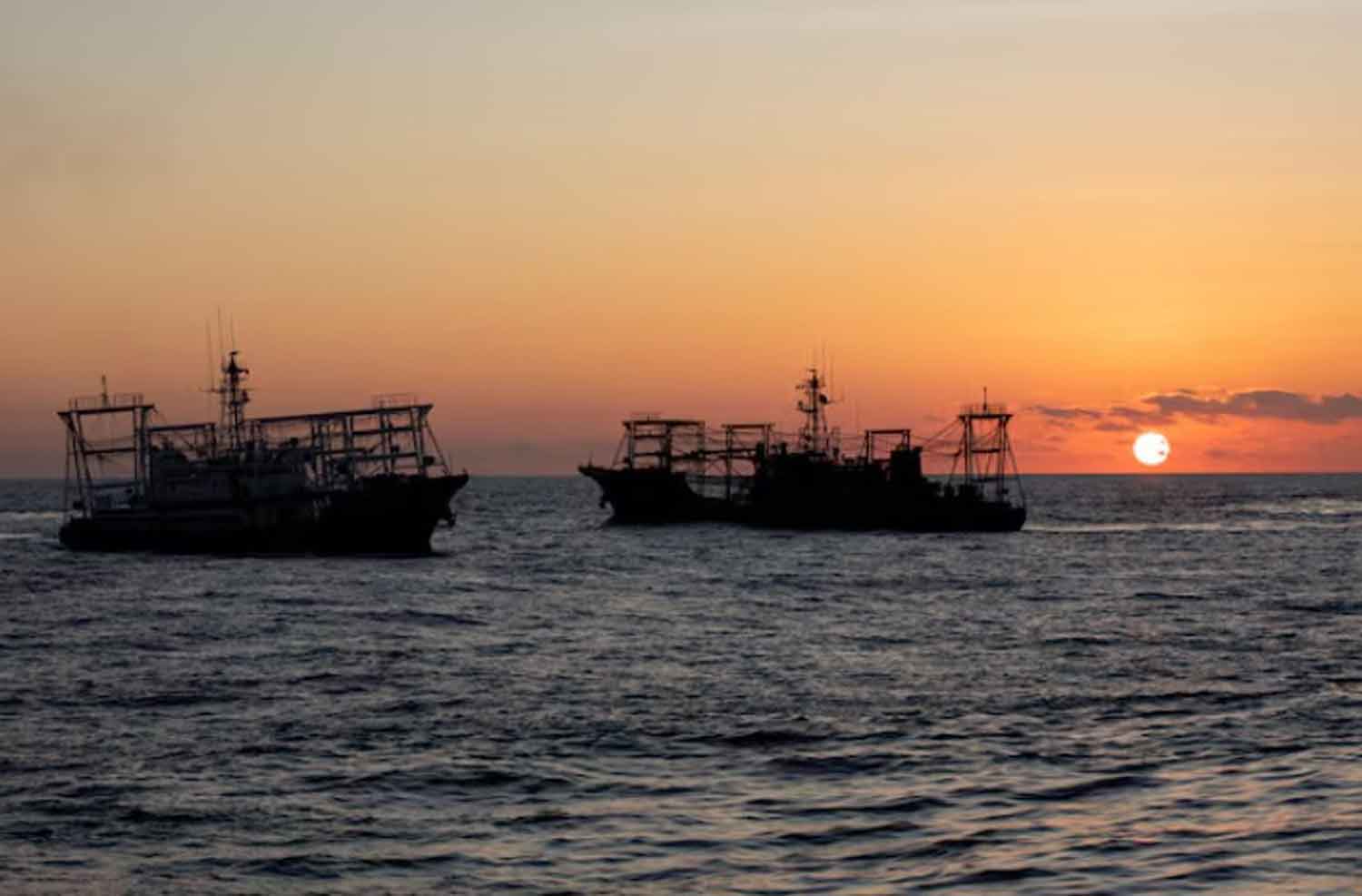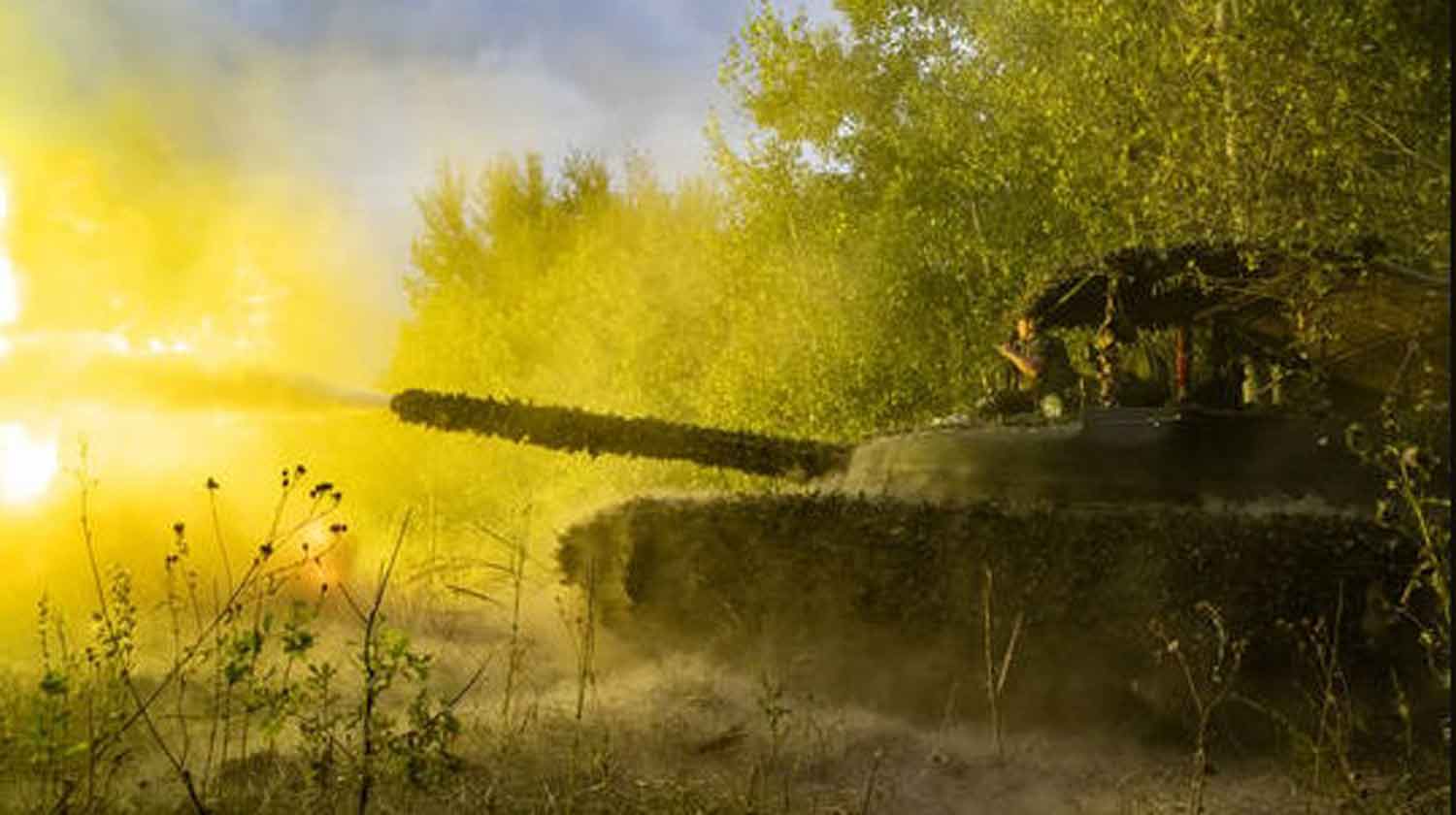In response to Russia’s aggression towards Ukraine, Ursula von der Leyen, the President of the European Commission, has committed to appointing a dedicated defence commissioner as a significant element of her new leadership team.
This initiative signals Europe’s serious intent to enhance its military capabilities. However, there are growing concerns regarding the actual authority this position will wield, leading influential EU member states to show less enthusiasm for the role, which is anticipated to be announced in the coming days.
Burkard Schmitt, the defence and security director at the industry association ASD, remarked to AFP that the establishment of a dedicated defence commissioner underscores the increasing significance of defence in Europe today. He noted that while the ambition behind this initiative is admirable, the practical implications remain uncertain.
Currently, von der Leyen has not disclosed specific details about the responsibilities associated with this new role. It is important to clarify that the defence commissioner will not function as an EU defence minister, as the 27-member bloc lacks its own military and has no immediate plans to create one. The primary focus will instead be on enhancing the continent’s defence industry.
During von der Leyen’s initial five-year term, the defence sector was managed by the influential French commissioner Thierry Breton, who held a broad mandate. The defence responsibilities are now expected to be assigned to a new commissioner, with Breton advancing to a more prominent position overseeing industrial development across the EU.
Since the onset of Russia’s invasion of Ukraine in 2022, enhancing defense capabilities has become a significant focus for Europe. However, after years of insufficient investment, the continent has found it challenging to increase its military production capacity and remains significantly behind Russia in arms manufacturing.
Despite numerous initiatives launched in response to Moscow’s full-scale aggression, the European Union has yet to secure the substantial funding necessary to fulfill its defense ambitions. Member states are protective of their defense industries and have shown hesitance to relinquish control to Brussels.
Ursula von der Leyen has projected that the EU will require an investment of 500 billion euros ($550 billion) over the next decade for defense, yet the current financial commitments at the EU level fall considerably short of this target. Persuading member nations to allocate portions of their tightly controlled budgets to EU defense initiatives will be a formidable challenge, as will encouraging them to allow competition among their national defense producers.
Without significant financial resources, the new commissioner may find their role lacking in effectiveness. “The impact of a dedicated defense commissioner will largely depend on the budget assigned to that position,” noted Schmitt. “A defense budget of 100 billion would clearly yield greater results than one of 10 billion.”
Power struggles?
Experts suggest that to enhance the influence of the new role, von der Leyen could integrate additional responsibilities. These could encompass areas such as cybersecurity, safeguarding critical infrastructure, space initiatives, or improving troop mobility across Europe. “You can expand the portfolio beyond the initial boundaries that have been outlined, and that isn’t overly complicated,” stated Camille Grand from the European Council on Foreign Relations.
Individuals who accept the new position may encounter difficulties in establishing their influence amidst a competitive environment in Brussels, particularly with prominent figures in the upcoming commission.
Breton is expected to be a significant presence on one side, while Kaja Kallas, the newly appointed foreign policy chief responsible for managing the bloc’s security policy, will be positioned on the other.
“The responsibility lies with the president of the Commission to clearly delineate the role,” remarked Guntram Wolff from the Bruegel think tank.
Diplomatic sources indicate that the uncertainties surrounding the new position have prompted major EU nations, including France and Poland, to shift their focus towards securing alternative roles, with defense now considered a secondary option.
“I believe it serves as an appealing plan B for many,” stated an EU diplomat.
Despite the uncertainties associated with the role, analysts suggest that in light of escalating global threats and the potential for the United States to further withdraw from European affairs, the defense position is likely to remain a crucial element in future administrations.
“It is conceivable that the significance of the job will increase over time,” noted Ian Lesser, head of the German Marshall Fund think tank in Brussels.
“I do not perceive it as a temporary endeavor.”
Discover more from Defence Talks | Defense News Hub, Military Updates, Security Insights
Subscribe to get the latest posts sent to your email.





